Crescent Exec Weighs In on Charlotte’s Evolving Office Market
Sagar Rathie on what tenants value today in this increasingly competitive market.

Once known primarily for its role as a financial hub, Charlotte is now a more diverse, dynamic market. To accommodate this ongoing change and the shifts in work patterns, office landlords and developers are rethinking the role of office buildings.
Tenants are favoring spaces that elevate the employee experience by offering premium amenities and flexible layouts tailored to evolving workstyles. Newer or recently upgraded properties are consistently outperforming older office stock, much like in other parts of the country.
Crescent Communities, a real estate investor, developer and operator of mixed-use communities, has several large projects underway in the Charlotte area and Managing Director Sagar Rathie anticipates steady demand for office space in the coming years. We asked Rathie to talk about Crescent’s flagship projects and to share his perspective on the city’s competitive office market at large.
READ ALSO: Charlotte Office Investment Off to Stronger Start in 2024
How would you describe office space demand in Charlotte?
Rathie: Office space demand in Charlotte has shown interesting dynamics as the workforce adjusts to a new era defined by hybrid work. Our experience and recent data indicate that demand is on the rise. Over the past several quarters, we’ve observed steady increases in both tour activity and new lease deals, pointing to sustained interest from companies seeking modern, well-located office spaces.
A notable trend we’re seeing is the flight to quality, with occupancy rates 85 percent higher in newer or recently renovated buildings compared to older spaces. This aligns with what we hear from employers: Hybrid and remote work trends are likely permanent fixtures, but high-quality office spaces with meaningful amenities are still valued. Employers want to give their employees spaces that make coming into work worthwhile. Offices that offer engaging environments, premium amenities and thoughtful designs that enhance collaboration and productivity.
What’s your competitive advantage in Charlotte’s office market?
Rathie: Crescent Communities’ established assets offer a significant competitive advantage. Our office communities have been strategically designed to not only serve as places of work but also as hubs of activity and convenience for employees.
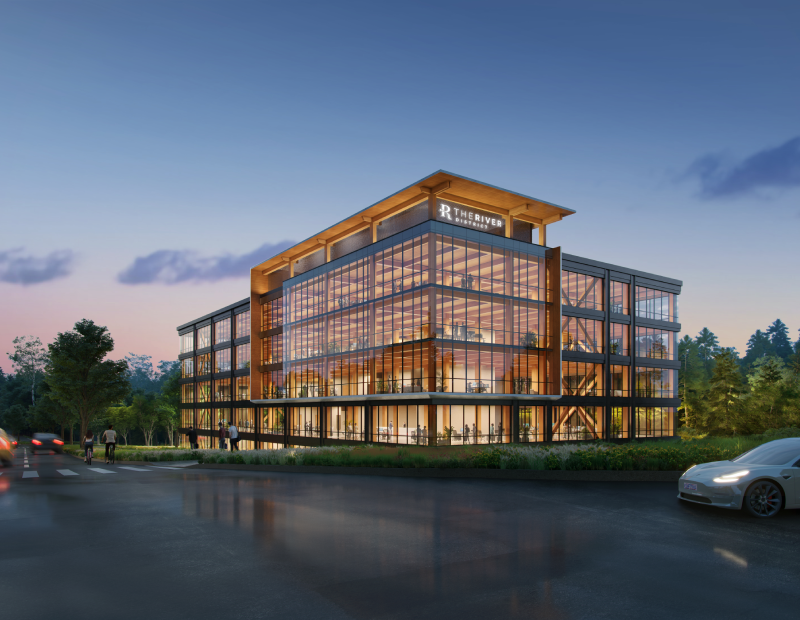
Take, for example, One Independence Center in Uptown. It recently underwent a massive renovation to meet the diverse needs of today’s workforce—and one of its most salient renovations was the addition of ground-floor retail options that bring vibrancy and convenience to the workday.
For example, the building offers North Carolina’s first Sweetgreen location, New York-style Portofino’s pizza, Coco and the Director coffee shop, and Starbucks, alongside MD Boutique, a wellness-focused med spa that caters to employees looking for quick and accessible self-care options. Our retail offerings are anchored by Monarch Market, Uptown Charlotte’s only experiential dining hall, which opened in late 2023. Monarch Market is designed to be a true lifestyle destination that enhances the entire Uptown streetscape, giving employees an immersive dining experience just steps from their office.
Additionally, the locations of our properties within walking distance or a short drive to major transportation hubs, dining spots, retail and wellness centers give us a competitive edge. This accessibility is a key draw for companies who want to provide employees with a seamless blend of work and lifestyle amenities.
Do Charlotte tenants tend to favor any specific amenities or building features?
Rathie: Connectivity is a top priority for employers, not only in terms of technology but also in creating “third spaces,” which are inviting communal areas outside of traditional workspaces where people can socialize, collaborate or simply recharge. These spaces are becoming essential for companies aiming to foster an engaged workplace culture, and we’ve been intentional about integrating them into the design of our office spaces, like One Independence Center or our recently delivered four-story mixed-use building, Elizabeth on Seventh. Gone are the days of traditional workspaces with cubicles and closed-off offices—employers now seek environments that promote interaction among employees that feel more like home.
Another key feature in demand is natural light. Employers increasingly want work environments that feel open, bright and connected to the outdoors. The benefits extend beyond aesthetics—natural light positively impacts well-being, which is why we design our spaces with ample windows, thoughtful layouts and seamless outdoor access to bring the outside in.
Flexibility is also crucial as employers look to adapt their office layouts to suit evolving work patterns. This could mean multi-use areas that can transition between collaborative hubs and private workspaces or conference rooms that can be easily reconfigured for remote meetings. We design workspaces with this flexibility in mind, creating spaces that can evolve alongside changing needs.
Your Carson & Tryon project seems to be one of the only new office buildings opening in the Charlotte region in the next few years. Tell us more about the particular advantages you see in launching during a time with limited new office supply.
Rathie: What’s been truly driving interest is Carson & Tryon’s prime location bridging Uptown and South End—two of the most desirable office submarkets not just in Charlotte, but across the Southeast. This strategic position will give employees direct access to Charlotte’s vibrant business core while being minutes from South End’s dynamic retail, dining and cultural scenes, providing the best of both worlds.
Potential lessees have also been motivated by Carson & Tryon’s employee-centric design. For example, the building design features 10,000 square feet of activated food and beverage retail, including thoughtfully curated dining options that cater to the needs and tastes of today’s workforce.
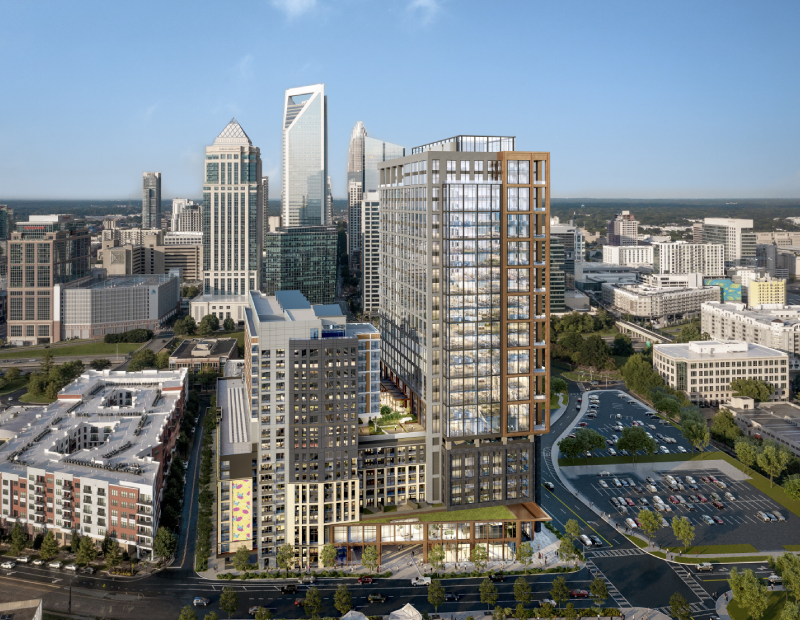
In an era when employees prioritize flexibility and experiences that enhance the workday, Carson & Tryon’s combination of premium amenities and unbeatable location has positioned it as a top choice for companies looking to elevate their office presence.
Another project you have in the works is The River District mass timber office development. What impact do you expect it to have on Charlotte’s office landscape?
Rathie: As the only North American subsidiary of Sumitomo Forestry, Crescent Communities has a unique leg-up in mass timber construction, allowing us to leverage cutting-edge techniques and materials that align with global sustainability goals.
Mass timber offers several distinct benefits that make it an ideal choice. From a construction perspective, it’s faster to build, generates significantly less waste and offers more design flexibility compared to traditional materials. This approach reduces CO2 emissions by 66 percent compared to steel equivalents, which is a huge step in our mission to minimize the carbon footprint of our developments. At the same time, the natural aesthetic and warmth of timber promote a healthier, more inviting environment, supporting the well-being and productivity of occupants. Mass timber construction is not only an investment in a more sustainable future but also a way to create spaces that remain relevant over time, designed to support environmental health and the overall wellness of employees.
What specific employee-centric amenities are planned for these office projects to support wellness, productivity and a positive work-life balance?
Rathie: We recognize that supporting employee well-being is essential to attracting and engaging top talent. Our office projects are designed with employee-centric amenities at their core, with highlights including Carson & Tryon’s 5,000-square-foot dedicated indoor and outdoor fitness studio space, its 8,000-square-foot sky terrace and its bespoke indoor and outdoor lounge designed to accommodate everything from collaborative meetings to quiet reflection or after-work events. One Independence Center’s transformation of the ground floor into a lifestyle and entertainment destination for Uptown workers creates a vibrant space for employees to unwind and enjoy high-quality food options during or after the workday.

Future workspaces at The River District features expansive windows for natural light, surrounded by trails, green spaces and views along the Catawba River, encouraging employees to take breaks, exercise and connect with nature for mental and physical wellness.
Located in Charlotte’s historic Elizabeth neighborhood, Elizabeth on Seventh recognizes that art and aesthetics play a crucial role in supporting wellness and a positive work-life experience. We curated public art throughout the property to transform walls, entrances and other spaces into vibrant, uplifting creations.
How are all these projects designed to accommodate evolving tenant needs over time?
Rathie: Our office projects are designed with a forward-thinking employee-centric approach to accommodate needs well into the future. Recognizing that flexibility is key, we focus on adaptable layouts that allow employers to reshape spaces as their workstyles and team structures change. Open, modular spaces support everything from collaborative gatherings to private work areas, ensuring that the workspaces can evolve as operational needs shift.
To further future-proof our buildings, we emphasize high-quality wellness amenities that cater to the growing demand for work-life balance and employee well-being …
Also, sustainability is a core priority in our developments. As of last year, nearly all our multifamily and office communities feature electric vehicle charging stations. Our office communities are also 43 percent more energy-efficient and 51 percent more water-efficient compared to industry standards. Additionally, we consistently pursue LEED certifications across our commercial and industrial properties, underscoring our commitment to high-performance, sustainable spaces.
How do you expect office demand to evolve in the metro?
Rathie: We anticipate steady demand for office space in Charlotte in the coming years, particularly as companies continue to seek locations that offer a mix of quality and flexibility. While hybrid work is here to stay, newer buildings and properties with updated amenities will continue to capture the lion’s share of employer interest. Charlotte is well-positioned to meet this demand with its growing infrastructure, thriving business ecosystem and appeal as a relocation destination for both companies and individual employees.

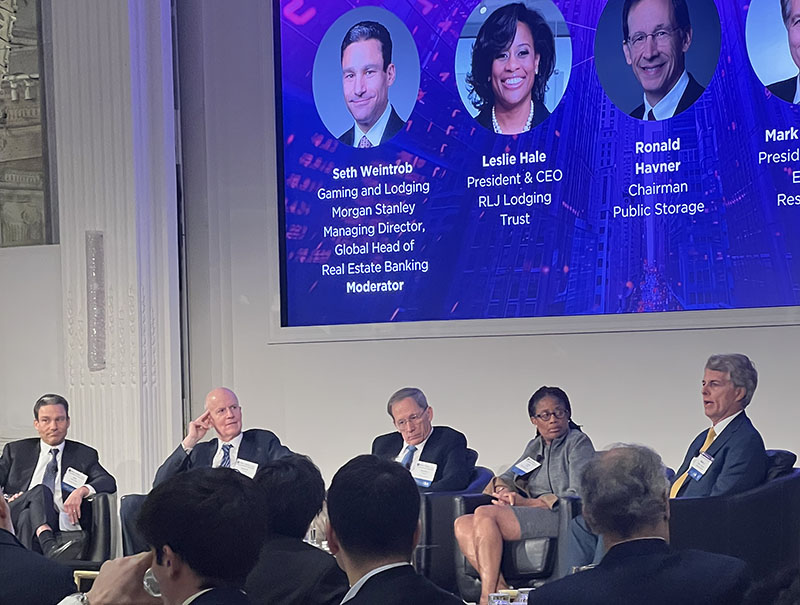
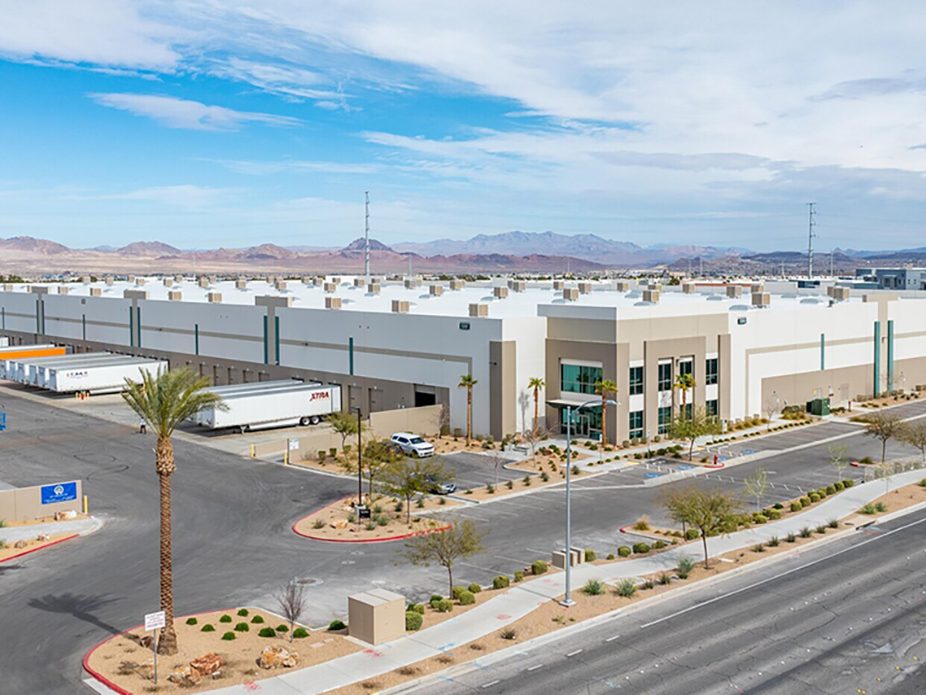
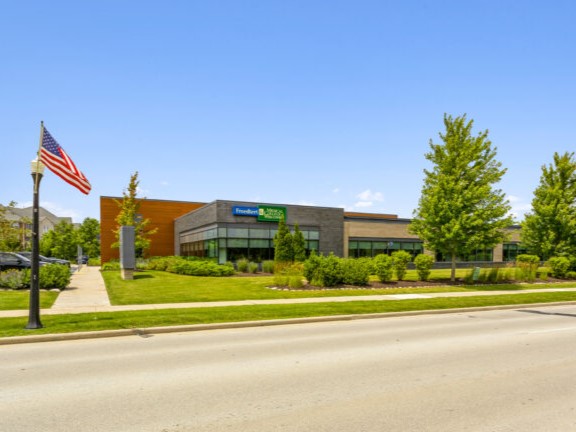
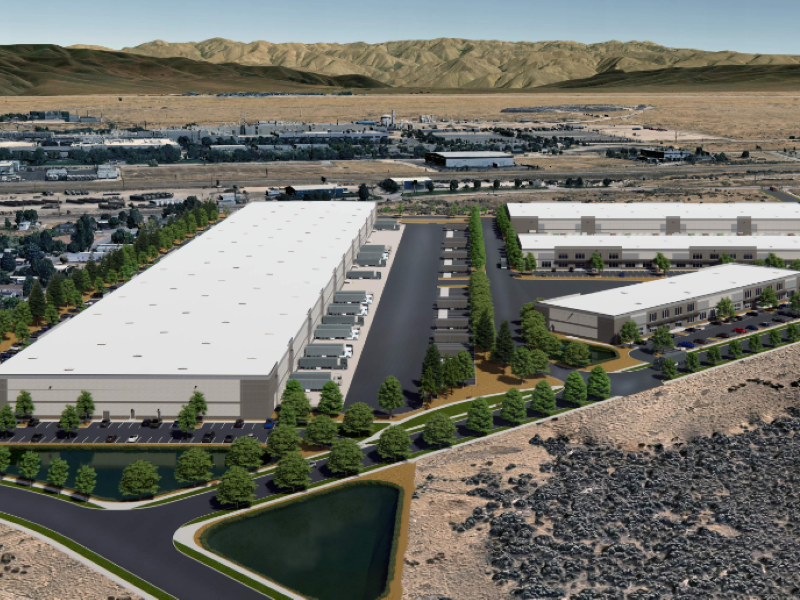
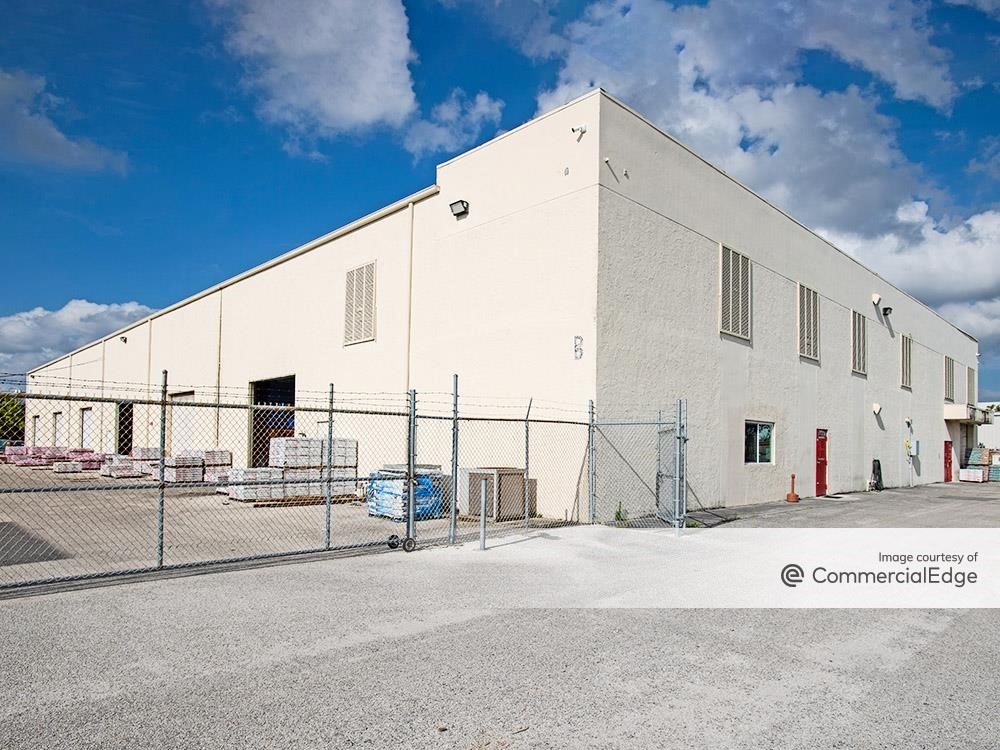
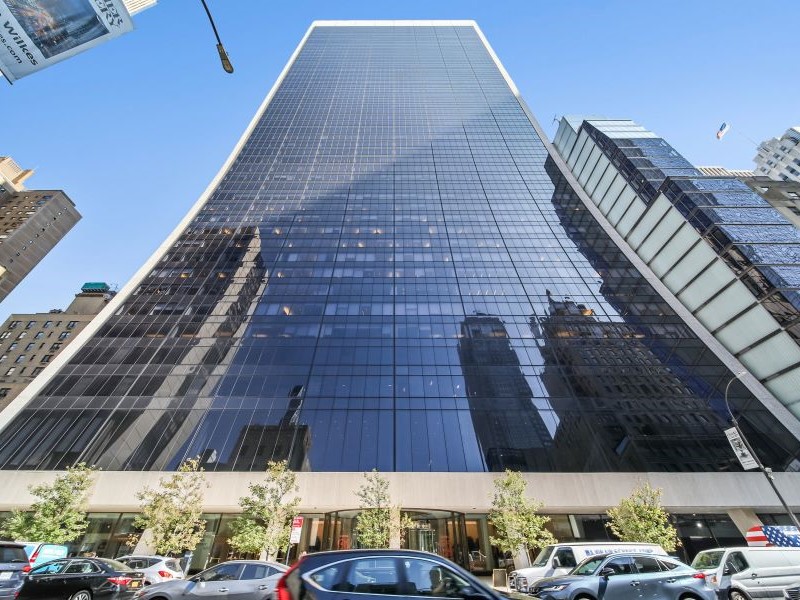
You must be logged in to post a comment.